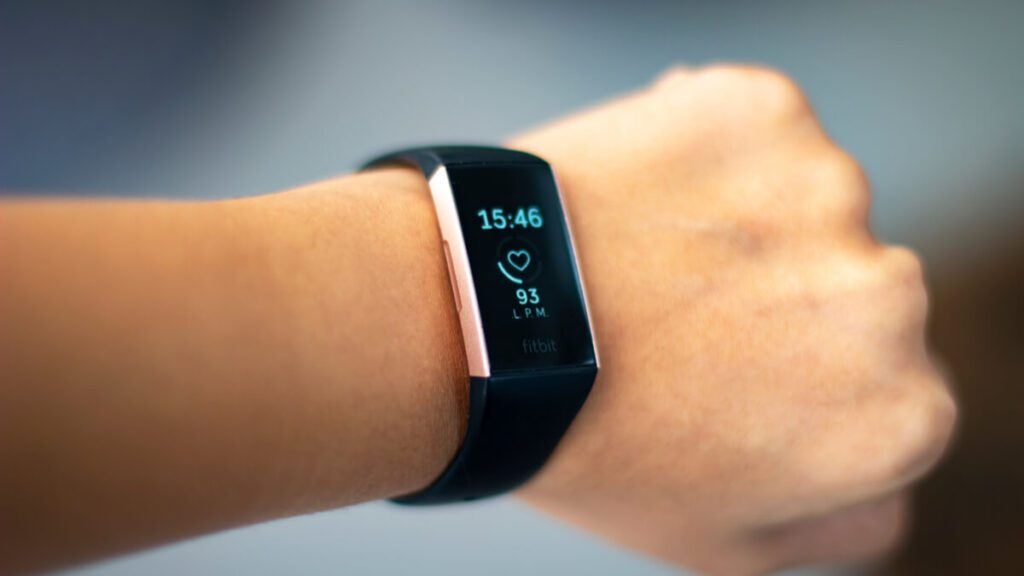
Fitbit has been selected by the U.S. Army Medical Research and Development Command to receive a grant of around $2.5 million to advance their research on an early COVID-19 detection algorithm, with data collected through wearable fitness devices.
The success of this research and others like it would be a game changer for the fight against COVID-19. It has been on the top of the research priority list since the very beginning. Early COVID-19 detection is perhaps of greater importance than testing alone, as many infected people are able to transmit it before experiencing any obvious symptoms.
“The combination of Feinstein Institutes’ research expertise, Northwell’s COVID-19 testing capabilities and Fitbit’s promising algorithm in development, presents a unique opportunity to accelerate early detection of COVID-19, particularly for our frontline healthcare workers,” said Dr. Karina Davidson, Senior Vice President at the Feinstein Institutes, in a statement.
The studies are being conducted by Fitbit alongside Northwell Health’s Feinstein Institutes for Medical Research. It involves issuing wearables to Northwell Health employees and dispatching notifications to them upon detection of pre-learned symptoms. So far, there are over 180,000 participants, with around 2,700 testing positive for COVID-19.
The study began when Fitbit users were asked to submit any symptoms they had along with demographic information like age, sex, BMI and relevant medical data.
Through these methods, the algorithm can better learn the signs and patterns associated with COVID-19 symptoms, and further refine the accuracy of the early COVID-19 detection algorithm over time
“Our research shows that our bodies start to fight the disease before more visible symptoms appear,” said Amy McDonough, GM and SVP of Fitbit Health Solutions, in a statement. “And we believe Fitbit can reliably detect these signals, giving us an incredible opportunity to get ahead of this virus and help alert people that they could be sick before they unknowingly spread it to others. This award will help advance this important research”.